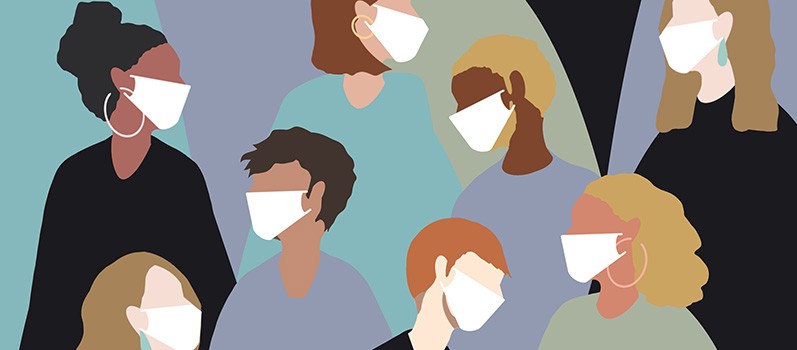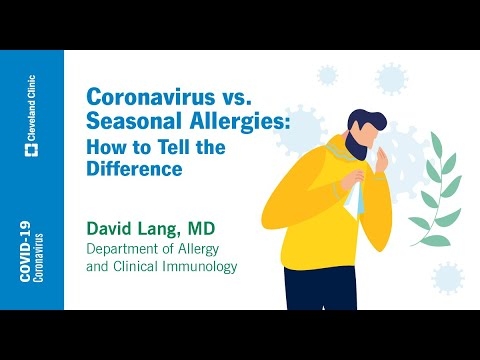General Facts
- A coronavirus is named for the spikes protruding from its surface, which resemble a crown or the sun’s corona.
- Coronaviruses can infect animals and people.
- At least four types of coronaviruses circulate every year and cause mild infections.
How it’s Transmitted
- An infected animal may have first transmitted the virus to humans. Bats have been considered to be a possible source.
- The outbreak continued to grow as a result of human-to-human transmission. Infected individuals produce tiny respiratory droplets when they cough, sneeze, talk, or breathe. This allows the virus to travel through the air.
- It’s still unknown how long the virus can live on surfaces.
- Some studies suggest that infected individuals who demonstrate few obvious symptoms can transmit the virus.
The Symptoms
- The main symptoms include fever, cough, shortness of breath or difficulty breathing. It can lead to pneumonia.
- Mild cases of the virus can resemble the cold or flu.
- Symptoms can surface anywhere from two days to 14 days after exposure.
The Treatment
- The treatment for this virus is supportive. This means that the symptoms are managed, which might include managing a fever and oxygen intake.
- Patients with mild cases should rest and drink plenty of fluids.
Staying Safe
You can take steps to protect yourself by following the same steps that you would during flu season. Wash your hands regularly, especially before eating and after touching common surfaces. Keep hand sanitizer on hand for times when soap and waster are not easily accessible. Avoid touching your face and keep a safe distance from individuals who are coughing and sneezing.



















